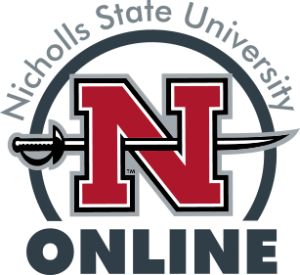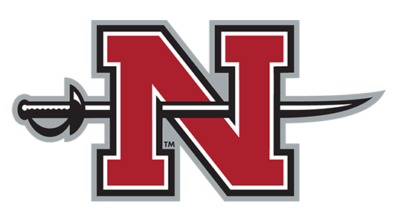NICHOLLS STATE UNIVERSITY
ACADEMIC DISHONESTY
As members of the Nicholls State University community, students are expected to uphold the highest standards of academic and personal conduct. Academic dishonesty violates these standards as well as the trust and commitment among students and faculty to instill and to maintain the principles of integrity, responsibility, and respect for others.
Cheating is the actual or even the attempted use of deception or fraud to improve one’s grade or academic standing or to aid another student in doing so. Individual faculty members may restrict, extend, or modify the university’s general definition of cheating to better accommodate specific course learning outcomes. All students should carefully review course syllabi and talk with their instructors to ensure understanding of each instructor’s cheating policy. Examples of cheating include but are not limited to:
- use of unauthorized materials during an exam
- giving aid to or receiving aid from another student during an exam
- standing in for another student during an exam
- stealing, distributing, or having any unauthorized access to a copy of an exam or revising one’s answer on a graded exam for the purpose of claiming a grading error
- use of falsified data and/or references
- use of unauthorized materials in preparation of an assignment representation of the work and ideas of others as one’s own (see definition of plagiarism below)
Plagiarism is the presentation of the works, words, or ideas of others as one’s own, or the use of others’ works, words, and ideas without giving proper acknowledgment through appropriate others to present one’s work as their own. Individual faculty members may restrict, extend, or modify the university’s general definition of plagiarism to better accommodate specific course learning outcomes. All students should carefully review course syllabi and talk with their instructors to ensure understanding of each instructor’s plagiarism policy. Examples of plagiarism include but are not limited to:
- copying someone else’s phrase or sentence(s) without placing quotation marks around the copied phrases or sentence(s), even when the copied wording is made part of one’s own sentence.
- not supplying proper documentation or bibliographical information for the ideas, arguments, findings, or interpretations of data made by others paraphrased or quoted in an assignment.
- submitting another person’s work as one’s own (including, but not limited to submitting a paper or report purchased or retrieved from a term paper service or one composed by a tutor, hired writer, student, friend, or relative).
- allowing another student to copy one’s own work or writing a paper, report, or any part of an assignment for another student.
TurnItIn:
- Nicholls State University subscribes to TurnItIn, a plagiarism detection service. In courses that use the TurnItIn platform, all work submitted will be added to its international database of papers. Specifically, this service compares your paper with Internet web pages, articles in databases, and all papers previously submitted through this service. TurnItIn then either confirms the originality of your work or reports the source(s) of plagiarism. In cases of detected plagiarism, the paper and supporting evidence will be handled in compliance with the Academic Dishonesty policy.
Violations of the University Academic Dishonesty policy (or of a faculty member’s cheating policy) will be dealt with in accordance with the disciplinary procedures of the Academic Affairs Integrity Committee. The faculty member is required to file an Academic Dishonesty Reporting Form with the Dean (who will then forward it to Office of Academic Affairs) whenever a student is confronted and/or disciplined for academic dishonesty. The Office of Academic Affairs will maintain these records, and any student confronted and/or disciplined for multiple offenses (more than one) of academic dishonesty will be brought before the Academic Affairs Integrity Committee (AAIC) for further review and/or sanctions.
Students guilty of academic dishonesty and/or plagiarism are in violation of Nicholls State University Code of Student Conduct and can be reprimanded with a variety of disciplinary sanctions, including the awarding of a failing grade or suspension from the university. The decision to fail a student in a course is the decision of the faculty member.
If a student receives a grade of D or F due to academic cheating and/or plagiarism, the student will be informed by the faculty member awarding the failing grade of their right to due process and the right to file a written grievance with the Department Head according to policy. The Department Head will process the grievance according to established policy.
It is important the faculty member has sufficient evidence to substantiate the allegation (i.e., academic dishonesty) in the event a grievance is filed, or litigation is pursued by the student outside the university. Hearsay is not sufficient evidence. If students are making the allegation of cheating against another student(s), the allegation or charge should be obtained in writing and dated stating specifically what was seen (not what was heard). The student(s) making the allegation must also agree to testify before a grievance committee at the department, college and/or university level if that becomes necessary. If the student(s) making the allegation is unwilling to put in writing what was seen and possibly testify before a committee, then the allegation or charge of cheating or any other violation of the code of student conduct should be dismissed.
If the student(s) making the allegation agree(s) to the above, the faculty member would then have sufficient evidence to submit to a grievance committee or court of law to substantiate the awarding of a failing grade.

